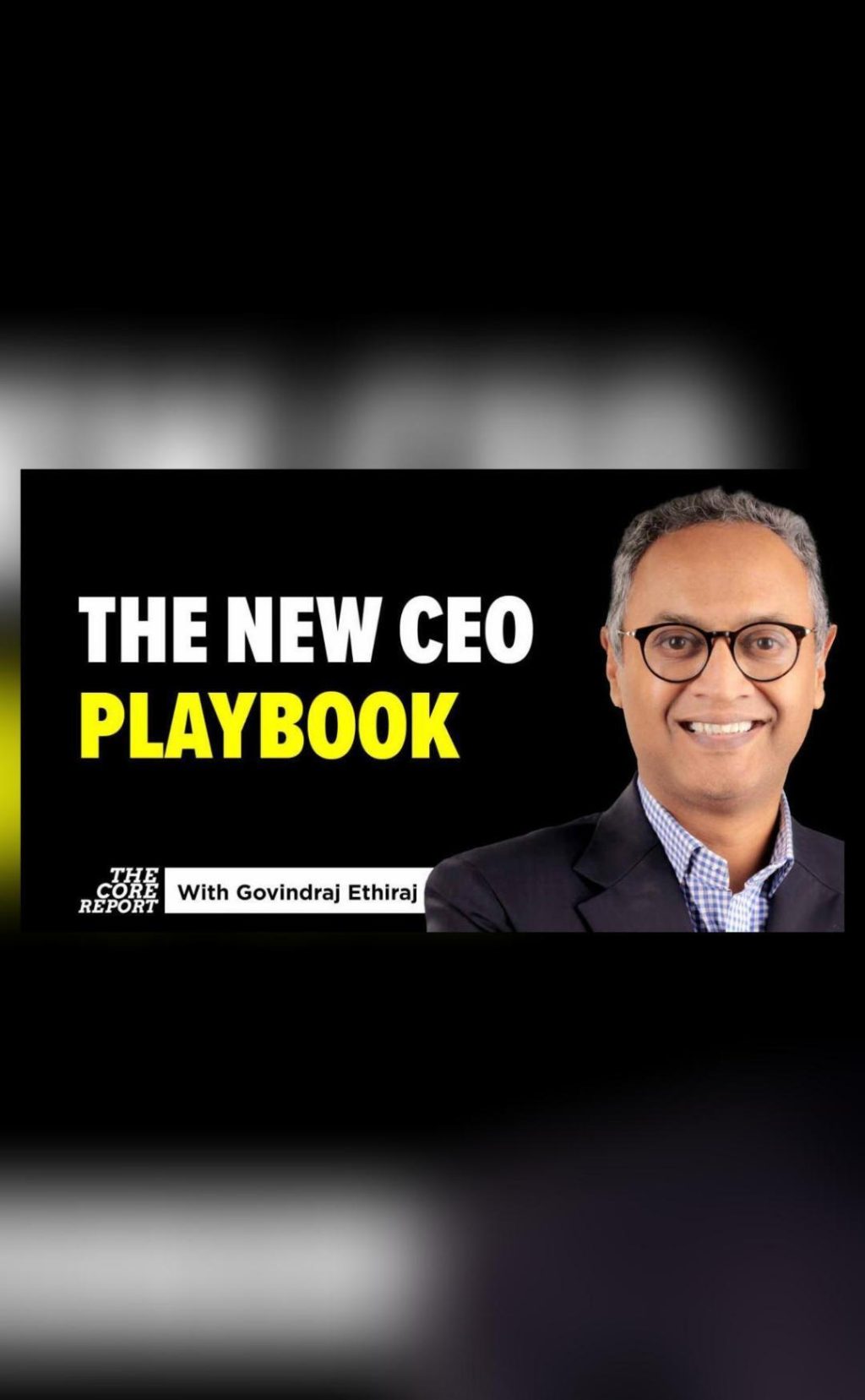
The New CEO Playbook: AI Pressures & Global Tariff Shocks
As the world continues to evolve at an unprecedented pace, CEOs are facing an uphill battle to stay ahead of the curve. The confluence of artificial intelligence (AI) and global tariff shocks is forcing business leaders to rethink their strategy and operations. With no guarantee of stability, companies are being pushed to localize, adapt, and reconsider long-held business models.
The AI Revolution
AI has been transforming industries at an astonishing rate, from healthcare to finance, and manufacturing to marketing. The technology has enabled businesses to automate processes, enhance customer experiences, and gain valuable insights from data. While AI has brought numerous benefits, it has also created significant challenges for CEOs.
Internal Pressures: The Need to Automate and Innovate
To remain competitive, CEOs are under immense pressure to adopt AI and automation within their organizations. This requires significant investments in technology, training, and talent. The goal is to free up human resources from mundane tasks and focus on high-value activities that require creativity, empathy, and strategic thinking.
However, the transition to AI-driven operations can be daunting. Many companies are struggling to develop the necessary skills and expertise to implement AI effectively. This is where CEOs must prioritize talent development, embracing lifelong learning and upskilling to stay ahead of the curve.
External Pressures: The Impact of Global Tariff Shocks
The introduction of tariffs and trade restrictions has created significant uncertainty for businesses worldwide. The unpredictability of trade policies has led to increased costs, supply chain disruptions, and a lack of confidence in the global economy.
CEOs are facing the daunting task of navigating these turbulent waters, often with limited visibility and control. The key to success lies in building resilience, diversifying supply chains, and adapting to changing market conditions.
Rethinking Strategy and Operations
To overcome the challenges posed by AI and tariff shocks, CEOs must rethink their strategy and operations. This requires a fundamental shift in mindset, away from traditional linear thinking and towards a more agile, adaptive approach.
- Localization: With global trade policies in flux, CEOs must focus on building strong relationships with local suppliers, customers, and partners. This can involve investing in local talent, developing bespoke products and services, and leveraging regional expertise.
- Adaptability: The ability to adapt quickly to changing market conditions is crucial in today’s fast-paced business environment. CEOs must foster a culture of innovation, encouraging experimentation and learning from failure.
- Long-term Thinking: While short-term volatility is inevitable, CEOs must prioritize long-term thinking. This involves investing in research and development, building strong brands, and developing sustainable business models.
The New CEO Playbook
In the face of unprecedented challenges, CEOs must adopt a new playbook to succeed. This involves:
- Embracing AI: CEOs must recognize the potential of AI to transform their businesses, and invest in the necessary technology, training, and talent to drive innovation and growth.
- Navigating Trade Policy Uncertainty: With trade policies in flux, CEOs must develop strategies to mitigate risks, diversify supply chains, and adapt to changing market conditions.
- Fostering Agility and Adaptability: The ability to adapt quickly to changing circumstances is crucial in today’s business environment. CEOs must cultivate a culture of innovation, experimentation, and continuous learning.
- Prioritizing Long-term Thinking: While short-term volatility is inevitable, CEOs must prioritize long-term thinking, investing in research and development, building strong brands, and developing sustainable business models.
Conclusion
The confluence of AI and global tariff shocks has created a perfect storm of challenges for CEOs. To succeed, business leaders must rethink their strategy and operations, embracing AI, adapting to changing market conditions, and prioritizing long-term thinking.
As the world continues to evolve at an unprecedented pace, CEOs must be prepared to pivot, adapt, and innovate. By adopting the new CEO playbook, businesses can navigate the turbulence and emerge stronger, more resilient, and better equipped to thrive in the years to come.
News Source:






